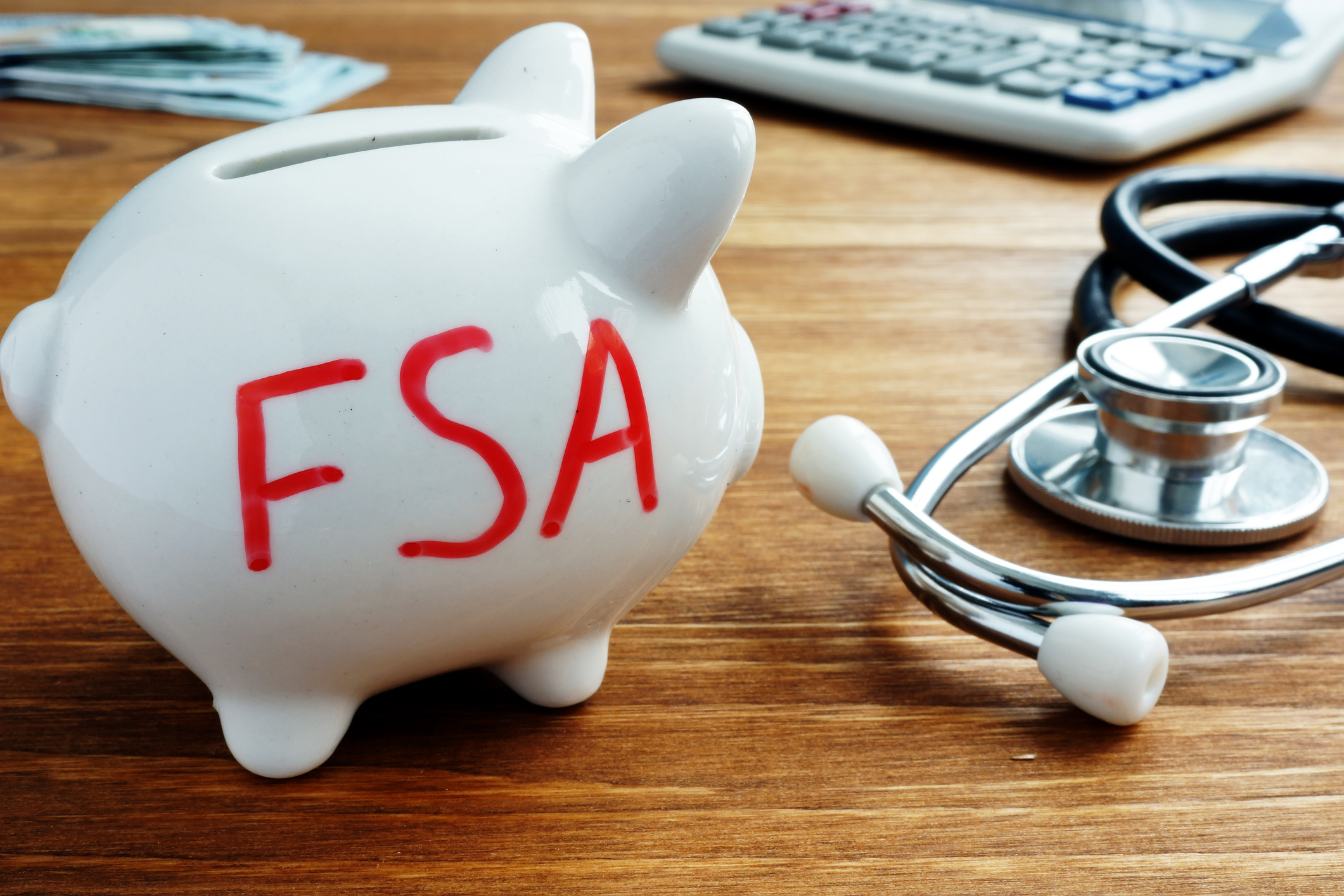
Key takeaways:
- Flexible Spending Accounts offer tax-saving benefits if you understand how best to use your funds, and when.
- Plan now for appointments and procedures if your FSA plan year ends Dec. 31.
- Check a list of FSA-eligible items to get the most from your plan.
Thinking about the end of year may not be on the top of your mind. But if you have a Flexible Spending Account (FSA) to help pay for healthcare costs, now is the time to think about using your funds.
How FSAs work
If you have a healthcare plan through an employer, you might have an FSA. Offered as a benefit by many companies, an FSA is a special account you contribute to. You can use the funds to pay for designated out-of-pocket health care costs, like deductibles, copayments, medical equipment, medications, and many other health-related products and services – for you, your spouse and any dependents. You can’t use the funds to pay for insurance premiums, though.
FSAs are tax-advantaged plans, so you don’t pay taxes on the money you contribute to your plan. This means you’ll be saving an amount equal to the amount of taxes you otherwise would have paid on that money.
With some FSAs, you’ll receive a debit card to use for purchases. The amount you spend will automatically be deducted from your FSA account. If you don’t have an FSA debit card, save receipts from purchases, and submit a claim for reimbursement. Your employer’s human resources group will have details on the process.
Use it or lose it
For 2023, you can contribute up to $3,050 per year (per employer, if you happen to have more than one employer offering an FSA plan for which you’re qualified).
You can’t, however, just continue to add to your FSA plan each year and amass a large amount of money. The rules state that you must use the money in an FSA “within the plan year.” In other words, FSAs operate on a “use it or lose it” basis. While most employers set their plans up on a calendar basis, some do not. A “plan year” could be any 12-month period. Be sure to know when your plan’s year ends.
For any money left in an FSA account after the plan year, an employer could offer one of two options (though they are not required to do so):
- Provide a “grace period” of up to 2.5 additional months for you to use the money in your FSA.
- Let you carry over up to $610 to use in 2024.
Spending your FSA money
If you have an FSA, it’s important to check balances and plan out how to use them as much as possible. If your FSA plan year ends Dec. 31, now is the time to schedule appointments and procedures. Many providers become extremely busy towards the end of the year, and many have more limited hours and availability during the holidays.
Know, too, that you can spend your FSA funds on far more than medical and dental appointments. Included in the long list of qualified expenses: over-the-counter medications, athletic braces and tape, sunscreen, bandages, cold packs, heating pads, joint supplements, neti pots, feminine hygiene products and hearing aid batteries. Even daycare and elder care expenses can be eligible. Check the full list from the IRS or ask your employer.
Once you have checked your FSA account balance and know the date when you need to use it, you can you make informed decisions on spending. How you spend your balance will depend on your and your family’s individual priorities, and day-to-day use of many items.
- Purchase reasonable supplies of any over-the-counter medications you take on an ongoing basis (keeping in mind expiration dates), and stock up – again– on supplies you use regularly.
- Think about family planning supplies you purchase. Many of these expenses qualify.
- Arrange for qualifying daycare expenses (allowed for children 12 and younger only, unless the child is incapable of self-care). Babysitting, before-and-after-school care, and nursery school/pre-school/pre-kindergarten costs can qualify.
- Consider any elder-care costs. Elder-care costs for dependent adults unable to care for themselves are eligible. If you are caring for someone, consider any needs they may have before your plan year ends.
FSAs can be great, providing money-saving benefits if you understand how best to use your funds, and when. Take the steps you need to avoid losing any of your available money.
The blog articles published by Unlock Technologies are available for informational purposes only and not considered legal or financial advice on any subject matter. The blogs should not be used as a substitute for legal or financial advice from a licensed attorney or financial professional. Links in our blog posts to third-party websites are provided as a convenience and are for informational purposes only; they do not constitute an endorsement of any products, services or opinions of the corporation, organization or individual. Unlock Technologies bears no responsibility for the accuracy, legality, or content of external sites or that of subsequent links.



